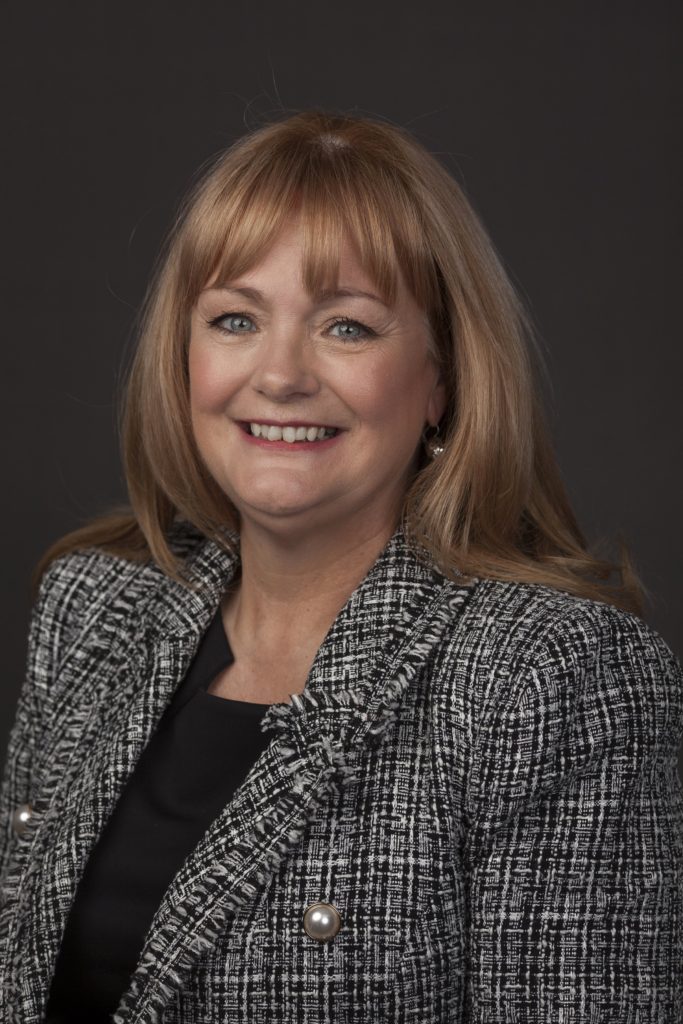With a respectful nod to (Columbian Nobel Laureate) Gabriel “Gabito” Garcia Marquez’s and his epic novel Love in the Time of Cholera, I am starting this blog - Divorce in the Time of Corona. Although, my intended audience is dispute resolution professionals (mediators and Collaborative lawyers, especially those who work with families), I hope that a wider audience will find value in some of my musings.
Today’s musing -
Using Zoom to Meet with Clients While Maintaining Privilege and Confidentiality.
As things have unfolded and continue to unfold during this pandemic it is important to affirm the rule-of-law and adhere to the new laws around gathering and social-distancing.
Embedded in many laws, and a cornerstone of the legal system in the U.S., is the right to counsel and the right to have communications with counsel protected to varying degrees. Generally, the right to protected communication between clients and attorneys falls into two categories: Privilege and Confidentiality. Many states, including Illinois, now have laws which extend these protections specifically to communications with mediators and other dispute resolution professionals, like Collaborative Professionals.
Simply - Privilege is a shield which can be wielded in a legal proceeding in response to an inquiry about what the client and lawyer or mediator spoke about (with some exceptions beyond the reach of these musings); and, Confidentiality is the affirmative duty imposed on lawyers and mediators not to disclose client information or communications, even if there is no legal proceedings or inquiry (also with exceptions, i.e. if not to disclose would be to assist in the commission of a serious crime).
So, how does this all relate to the heightened use of Zoom, or other virtual meeting platforms, to communicate with clients? As attorneys and mediators one of our highest obligations is to guard against inadvertent disclosure of client information during interactions with clients and others. Here are some thoughts on how we might reasonably safeguard against breaches when reaching into a client’s home or workspace via digital means.
First, make sure if you are scheduling a virtual session that there is a check mark by the “Required Meeting Password” section under the “My Meetings” screen. If someone else is setting up the session, ask that they make it password protected.
Start the session with a reminder about Confidentiality and the need for it, which is for the protection of privacy and client’s personal data and information. I say “reminder” because if one is working with an existing client the topic of “Privilege and Confidentiality” should have been covered carefully with a client during the retention stage of representation.
From the outset of any virtual session confirm that the client is alone and out of earshot of everyone in proximity and that they will continue to be alone for the duration of the meeting.
Also, check that the client is not multi-tasking while in the session and especially that the client is not driving. (I have heard colleagues relate instances where this is happening as virtual platforms can be accessed from smartphones).
Set specific time limits and check-in with client around any anticipated disruptions or need to exit the session early
If applicable, confirm where the client’s children are and ensure that they are not within earshot. If there are younger children confirm who is looking after them during the designated time for the communication. (Author’s opinion: children, no matter how old, should never be privy to any communications between a parent and his/her dispute resolution professional).
Does the client have earphones which he/she can use, so no one can inadvertently overhear what the attorney is saying during the communication?
Does the professional have earphones on the other end, so no one is overhearing what is being communicated to the client?

Sandra has served on the nonprofit board of directors of the Collaborative Law Institute of Illinois, where she has held the office of President. She serves on the Board of Directors for the Illinois Bar Foundation, which administers grants and funding for legal services agencies. She was a two term member of the Illinois State Bar Association Assembly and Chair of the ISBA’s Women in the Law Committee. Sandra has been repeatedly nominated by her peers, evaluated and selected as an Illinois Super Lawyer – a group which includes only five percent of all the attorneys in her jurisdiction.




Thank you, Sandra, for your insights and thoughtful post. I look forward to meeting you.
Thank you for these tips!
Great tips, thank you!
Very well done; sometimes even obvious points are overlooked. Thank you for the reminders.